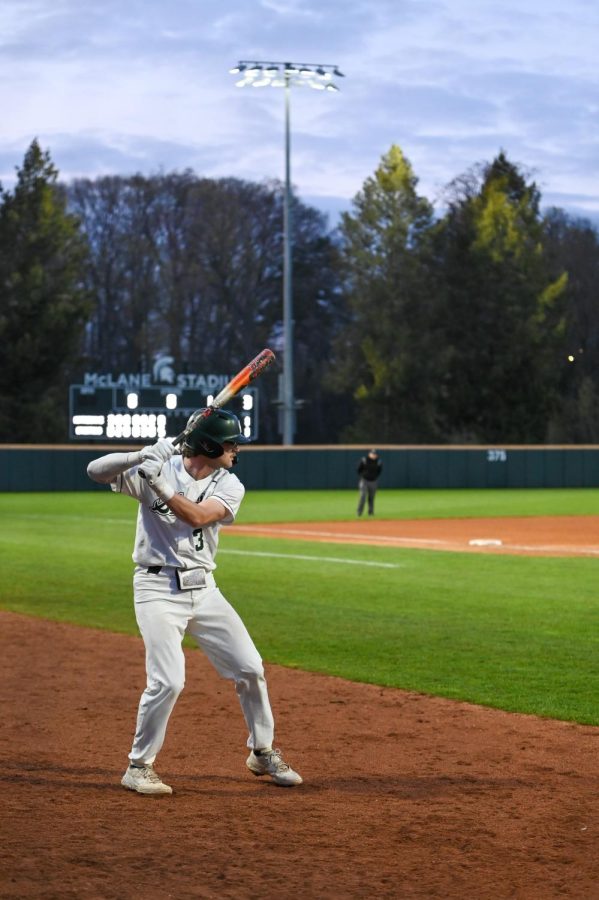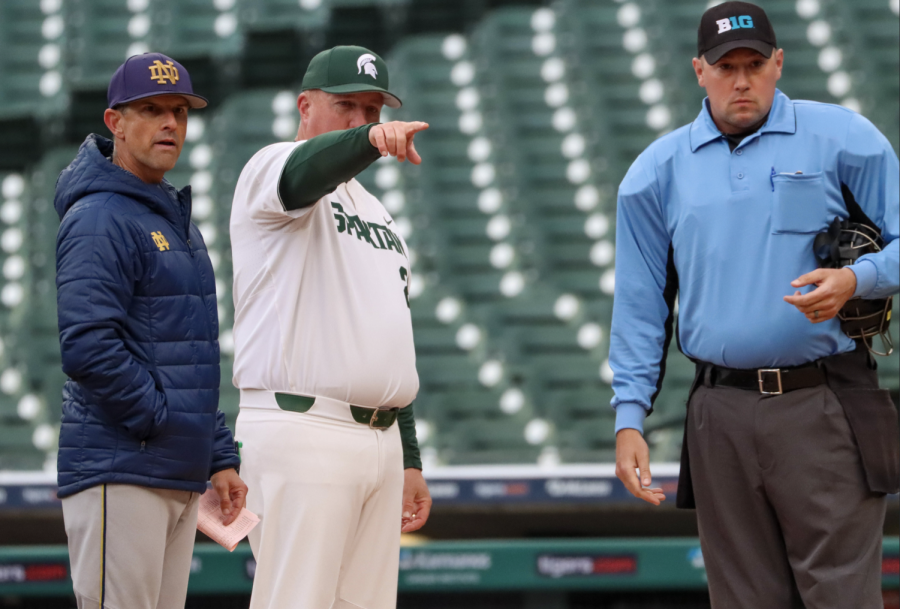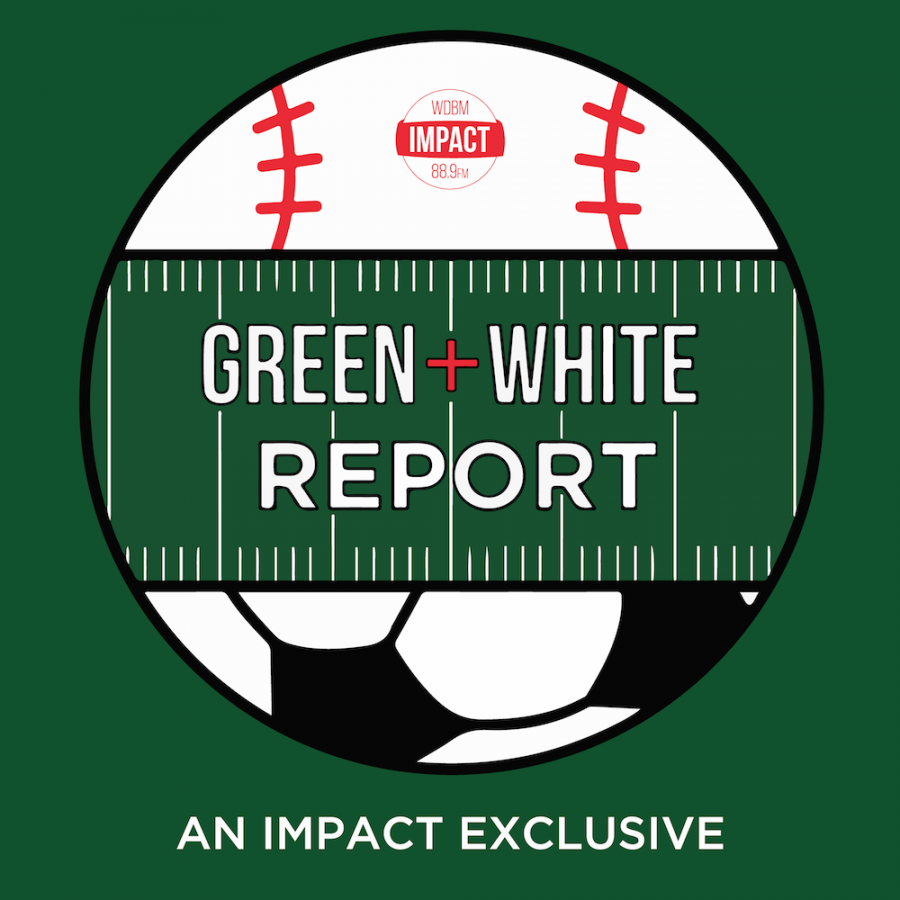The State – 03/30/22
March 29, 2022
New MSU research improves crop yield predictions
New Michigan State University research found that incorporating in-season water deficit information into remote sensing-based crop models significantly improves corn yield predictions.
The new research, conducted by MSU Foundation Professor in the departments of Earth and Environmental Sciences and Plant, Soil and Microbial Sciences Bruno Basso and his graduate student Guanyuan Shuai, introduces a new and more accurate method to predict crop yields through subfield-level analyses.
With the ultimate goal of using digital technology, specifically a machine learning model based on remote-sensed imagery and data from a cumulative drop index, to help farmers make more informed decisions, Basso and Shuai began their research by studying 352 fields of varying sizes in Michigan, Indiana, Illinois and Iowa, collecting climate, soil data and more than 2,500 yield maps.
Lack of diversity in James Madison College presents challenges for students
Entering her freshman year, social relations & policy and comparative cultures & politics junior Madison Gladney wasn’t expecting the Michigan State environment to be particularly diverse.
She came from a predominantly white high school, and anticipated MSU would be the same.
Her expectations were accurate: Gladney, a Black woman, felt outnumbered at MSU.
Although the 2020 Census reported the U.S. population is 61.6% white, and the Education Data Initiative reported that 54.3% of college students in the U.S. are white, MSU’s 2020 Diversity Report recorded that white students comprised 73.2% of the student body.
The MSU faculty was 78.1% white in 2020.
This over-representation affects all students at MSU, but in the James Madison College, or JMC, it plays a larger role. JMC is the college of public and international affairs at MSU.
Many of the college’s classes focus on or discuss institutionalized racism, white supremacy and other topics pertaining to race and identity.
‘Nothing’s getting better’: MSU students unfazed by United National climate report outlook
Research has shown that the size and intensity of wildfires, as well as the length of wildfire season, are increasing as the planet warms.
Disasters like the Woolsey fire, and the displacement that these disasters cause, are just two of the climate-related problems touched on by a new report released late last month by the Intergovernmental Panel on Climate Change, or IPCC.
The IPCC serves as “the United Nations body for assessing the science related to climate change,” according to its website.
The report details negative effects and vulnerabilities made worse by human-induced climate change. “Reading it kind of just leaves me with a sinking feeling that nothing’s getting better,” comparative cultures and politics sophomore Matthew Anderson said.
To Hazel Anderson, an integrative biology Ph.D. student who studies plant conservation and biodiversity under climate change, the report only served as a confirmation of what she already knew — “I think a lot of people would agree that we’ve kind of known a lot of this stuff for a while,” she said.
Despite feeling that the report was nothing new, Hazel Anderson said it could reiterate the importance of climate issues to policymakers and to the less informed.
Based on original reporting by Madison Rose, Amalia Medina and Jack Armstrong. Script by Shakyra Mabone.



































